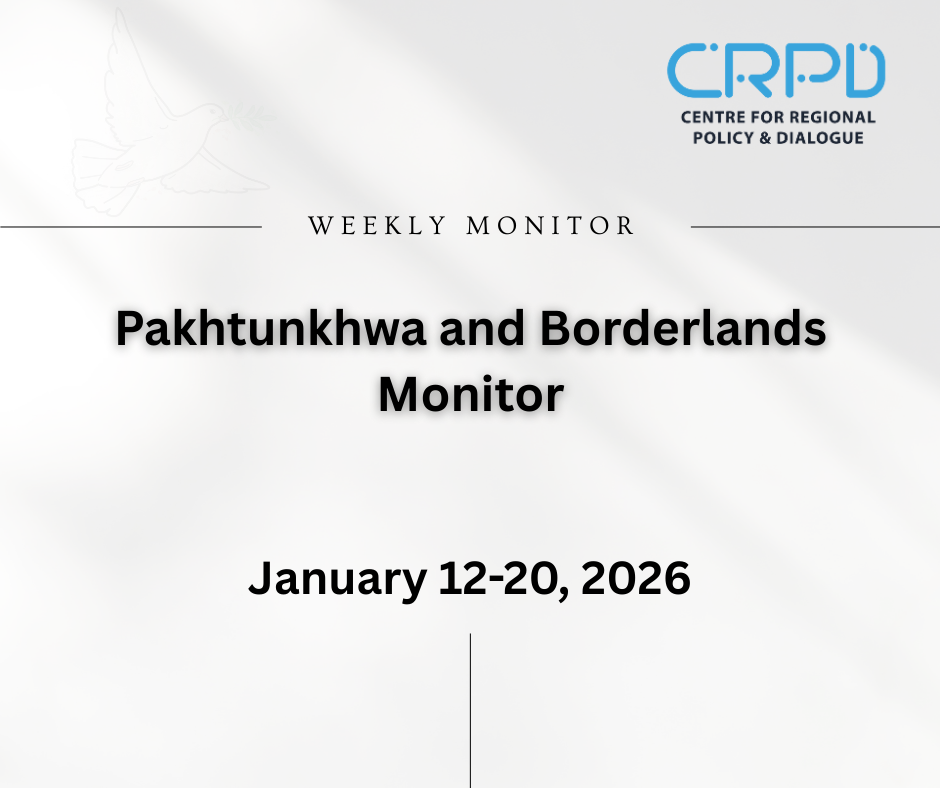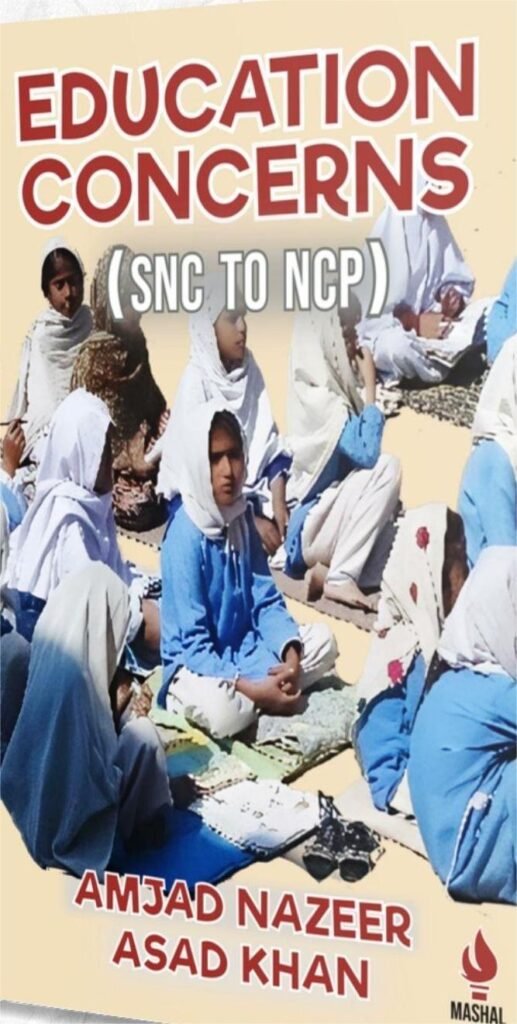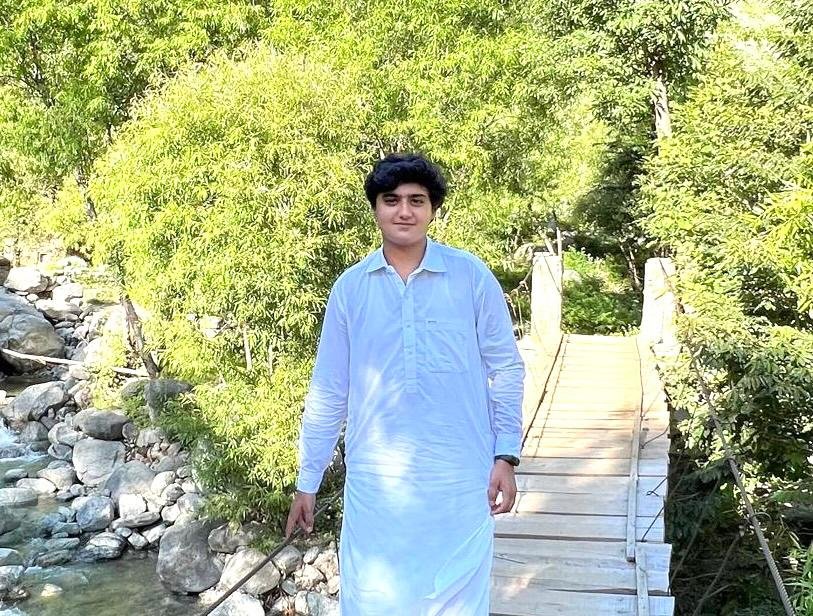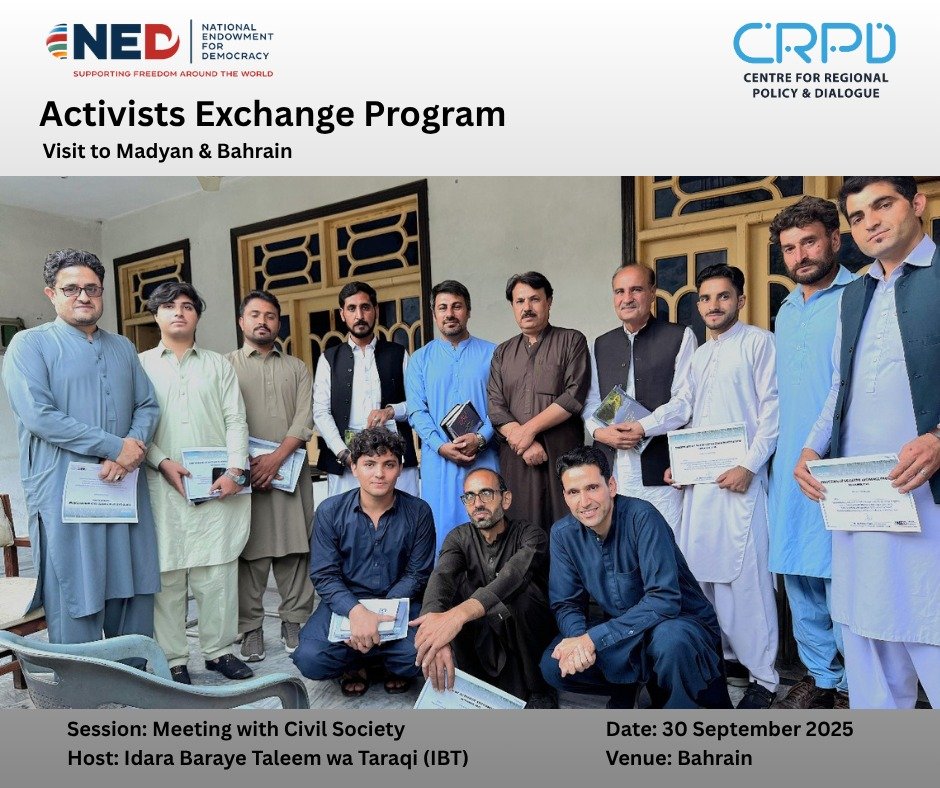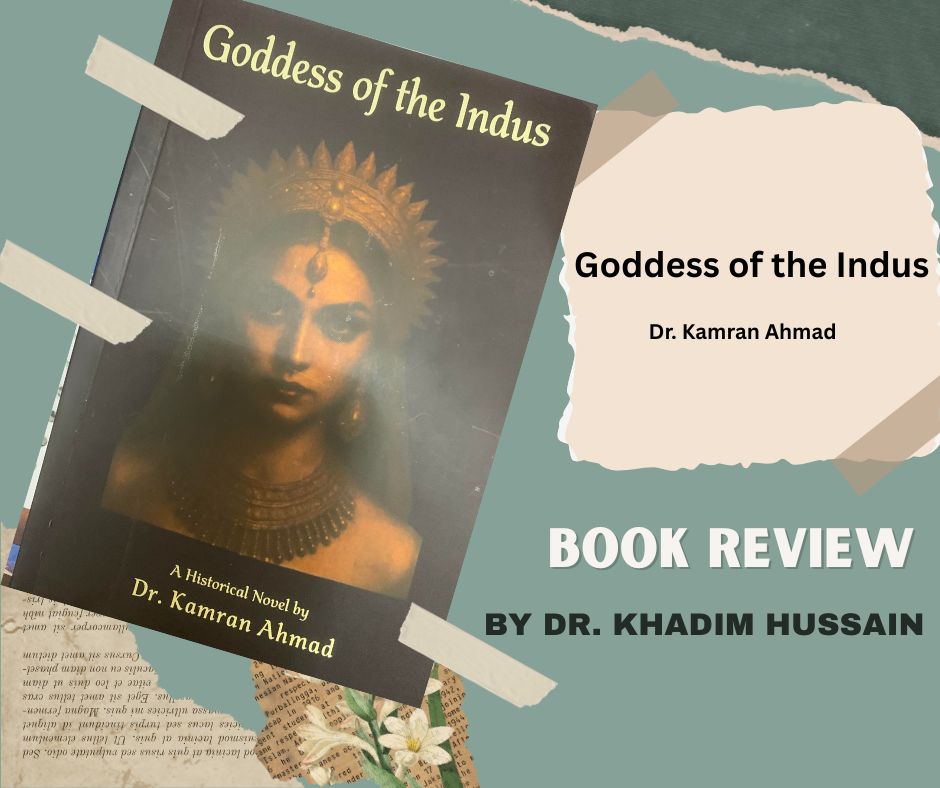By Zulqarnain Khan
About the Author:
Tim Marshall worked for Sky News as a foreign journalist and diplomatic editor. He left full-time news journalism after thirty years of reporting and delivering the news to focus on writing and commentary. Tim, who is originally from Leeds, chose the unconventional route to radio. After a completely unsuccessful career as a painter and decorator, he worked his way through newsroom nightshifts and unpaid stints as a researcher and runner before finally securing himself a foothold on the first rung of the broadcasting career ladder. He is not a graduate in media studies or journalism; in fact, he is not even a graduate. Tim joined Sky News after spending three years as the Paris correspondent for IRN and doing a lot of work for BBC radio and TV. Reporting from the USA, Asia, and Europe, Tim became Middle East Correspondent based in Jerusalem. Tim also provided on-the-ground coverage of the 1990s Balkan Wars from Bosnia, Croatia, and Serbia. He spent the majority of the Kosovo Crisis of 1999 in Belgrade, when he was one of the few western journalists who continued to work from one of the primary NATO bombing targets. Tim was in Kosovo to welcome the NATO forces as they entered Pristina. He reported on the wars in Iraq, Afghanistan, Libya, and Syria in recent years. He has contributed to numerous national publications, such as the Times, Guardian, Daily Telegraph, and Sunday Times.
Review of the book:
Geography determines not just history but destiny. ‘Prisoners of Geography’ by Tim Marshall examines the impact that geography has on the policies both domestic and foreign of countries as well as the limitation it places and advantages it gives. This is the essence of the field of geopolitics. The book explains how geographic features like mountains, plateaus, rivers, coasts, environments, and natural reserves affect a nation’s role and contribution. It also throws lights on how other factors such as language, culture, and ethnicity affect local geography and religion.
In the opening line of his dissertation, Tim Marshall claims that “the earth on which we live has always moulded us.” He analyses the relationship between geography and the political spectrum and the conduct of war. Because Ukraine is mostly flat and open, for instance, Russia is concerned about it because this makes it possible for enemies to attack Russia from any side. Because they are geographically separated by high peaks and mountains, China and India have never engaged in long term combat. In light of this, every country is a prisoner of its geography, and its key discourses in politics and economics are dependent on the geographical location.When we talk about nations the situations they find themselves in and the decisions they make, geography is a big factor. It could be the determinant factor between being a rich country or a poor country, a vulnerable country or impenetrable country. It also helps develop the overall geopolitical picture of the world.
‘Prisoner of Geography’ has TEN CHAPTERS with TEN MAPS, which go over a certain country or region. The ten chapters slash maps that cover Russia , China , United States , Western Europe , Africa , The Middle East , India and Pakistan , Korea and Japan , Latin America and the Arctic . The chapters feature maps to complement the detailed analyses the countries or regions discussed. We can look into some examples. Tim starts with the example of Russia, as one of the biggest example of a Prisoner of Geography .
RUSSIA: when one looks at Russia and its foreign policy in the present day and throughout history we observe Russia’s constant desire to maintain a buffer zone in Eastern Europe . When we look at the North European Plain a flat terrain stretching from France into the Russian heartland, we see why the lack of NATURAL GEOGRAPHICAL BARRIERS make Russian’s western flank vulnerable to large troop movements and invasion . As such Russia has historically sought the buffer zone to anchor itself against natural geographic barriers, wether that be the Baltic Sea in the north or the Carpathian Mountains in Western Ukraine.
The book notes from 1812 to 1945 Russia fought on the plain, average once every thirty three years. Napoleon and Hitler both invaded Russia from the North European Plain but both eventually failed because RUSSIA’S STRATEGIC DEPTH provide the invaders with unsustainable long supply lines .In addition to the brutal Russian winter nevertheless the North European Plain has and still does provide a security dilemma from Moscow . This applies in the present day with an ever expanding NATO on Russia’s doorstep and as such influences Moscow’s policy in its periphery. Russia’s lack of Warm Water Seaports with open ocean access has always been its Achilles heel and has historically hindered its ability to access International Markets.
This is partly what drives Russia’s interests in Crimea and the Black Sea for example as the author mentions “It doesn’t matter if the ideology of those in control is czarist, Communist , or crony capitalist – the ports still freeze , and the North European Plain is still flat.”
He also mentions countries like China and India .So over thousands of years these two countries have always been to very powerful Empires and powerful countries, a lot of resources, a lot of people but how come they never attacked each other or kind of they have like very few conflict. Let’s say you don’t know about a huge battle between India and China. The reason is that there is the highest mountain in the world has been on their border, the HIMALAYAS. So it’s very difficult and makes it impossible to actually cross this border even with modern technology.
In the chapter of the UNITED STATES; one excerpt can sum up the geographical advantages that the US have ” It’s in a wonderful neighborhood, the views are marvelous, and there are some terrific water features, the transport links are excellent, and the neighbor’s? The neighbors are great, no trouble at all” . It’s the superior geographical position of the US that has partially enabled it to become a global superpower. Firstly it shares long coastlines with two oceans the Atlantic and the Pacific .More importantly access to these oceans means that there are no strategic choke points that present obstacles to set access. To put things in context, very few countries in the world have open access to even one ocean .
Why are INDIA and PAKISTAN in never-ending deadlock over Kashmir. For New Delhi controlling Kashmir is simple. Kashmir connects India with Central Asia and cuts off China from Pakistan which in the process quashes CPEC, the China Pakistan Economic Corridor. CPEC represents China’s direct access to Indian Ocean. New Delhi has made it a foreign policy priority to limit its competitor. Islamabad meanwhile would secure its water supplies by moving upstream on the Indus River.
Tim also mentions that these prisons and confinements of geography can change themselves with the climate change as the north pole melts down and Russia gets access to the north and the maybe discovers new resources. Or be able to trade a full year long.
Finally he talks about the fake borders, the borders that were pretty much created by the old colonial powers of the world. The British, the French and how these borders actually didn’t make sense because there is no natural border there. There is no mountain; there is nothing we can just say like a small hump of sand in the desert. But over Millennia these nations and tribes have been living together and they don’t understand why somehow now they ended up in three different countries.
This explain very well some of the conflicts that have happened in the Middle East, where a lot of the borders were drwan by Europeans who had never been in these countries. They just drew it on the map as they did in Africa.
